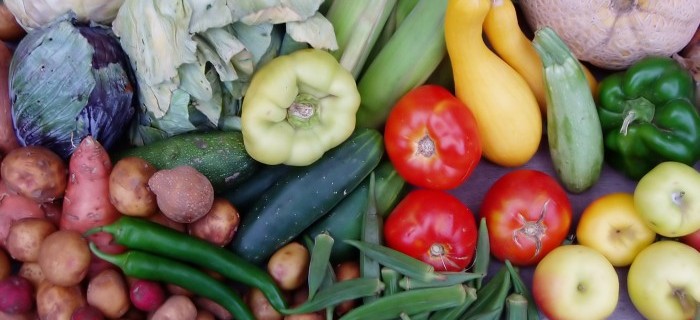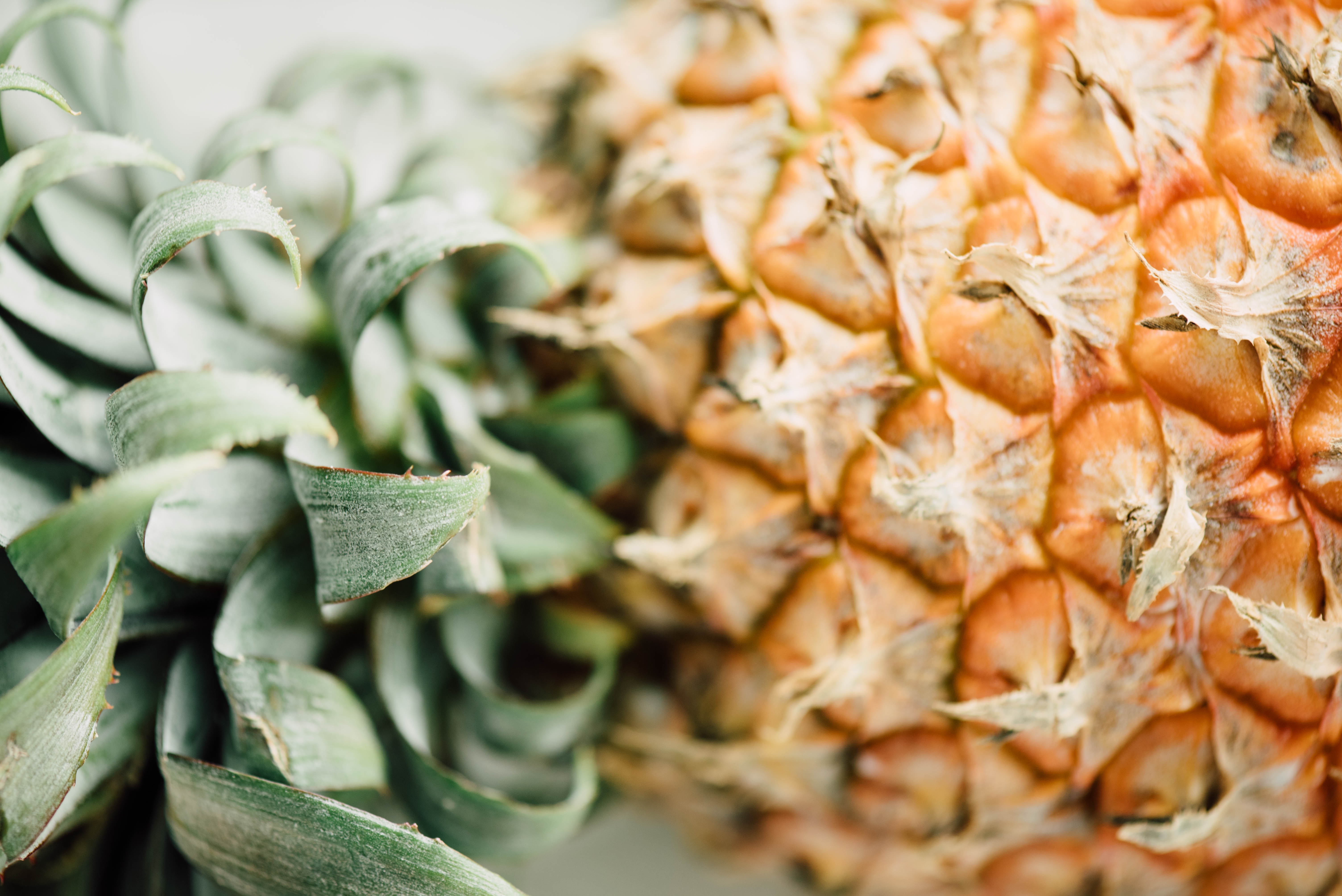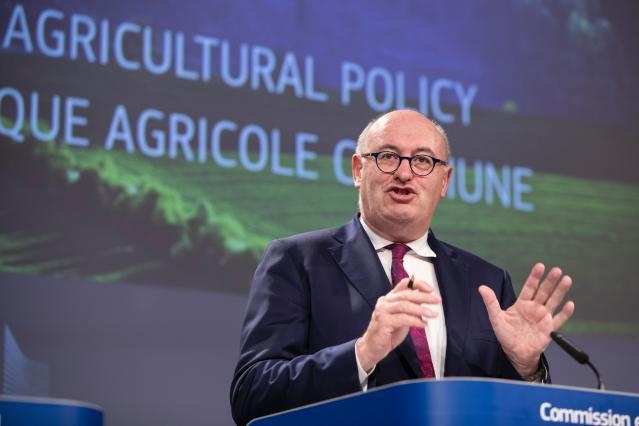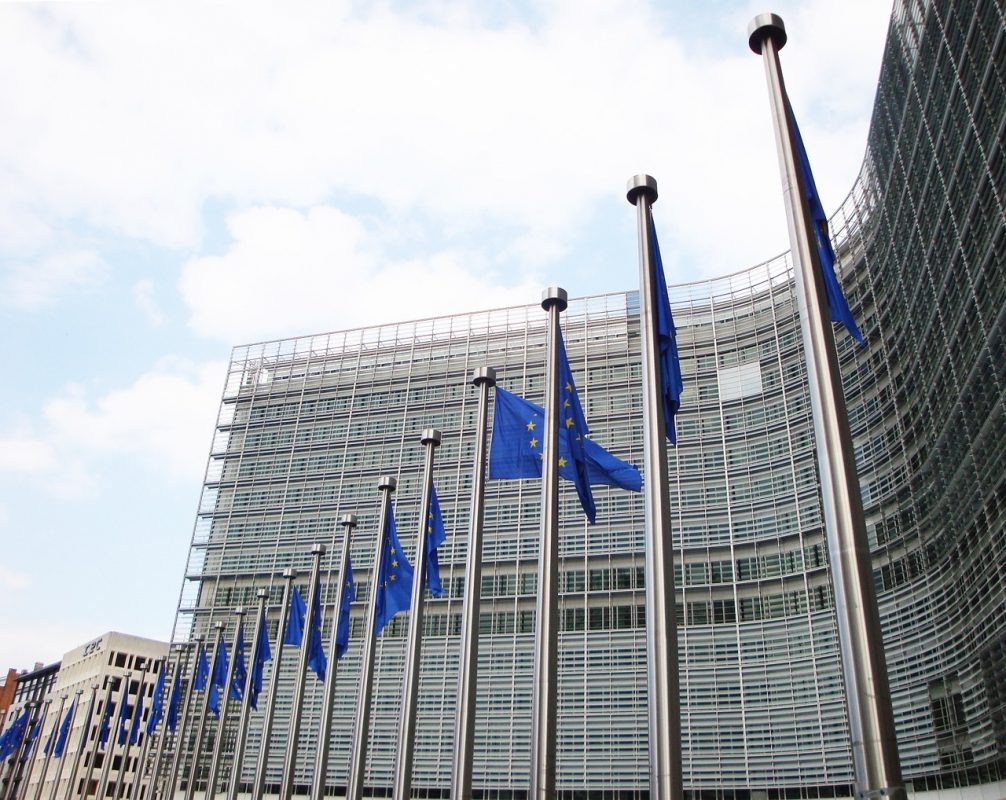England set to bring in bottle deposit return scheme in fight against plastic pollution

March 28th, 2018
The British government has announced plans to bring in a deposit-return scheme in England to increase recycling rates and crack down on plastic pollution.
Announced today by the Secretary for Environment, Michael Gove MP, the scheme for plastic, glass, and metal single use drinks containers is expected to come into effect later this year.
A deposit-return scheme sees consumers pay an up-front deposit when they buy a drink that is redeemed when the customer returns the empty drink container. Once a bottle is returned, businesses are then responsible for making sure they are recycled.
UK consumers are estimated to go through 13 billion plastic drinks bottles a year. More than three billion are incinerated, sent to landfill or are discarded into the environment.
According to the Marine Conservation Society (MCS), over 10,000 drinks bottles and cans littered all over the UK’s rural, urban and coastal landscapes have been reported to the Society by members of the public since September 2016.
Plastics ‘Wreaking Havoc’ on Marine
According to Secretary Gove, this is “wreaking havoc” on the marine environment. “It is absolutely vital we act now to tackle this threat and curb the millions of plastic bottles a day that go unrecycled.”
“We have already banned harmful microbeads and cut plastic bag use, and now we want to take action on plastic bottles to help clean up our oceans,” he added.
Dr Sue Kinsey of the MSC welcomed the move and is “confident” that the decision will lead to a big reduction in waste on coasts and in the sea. An average of 72 beverage containers was found per 100m of beach in England in MSC ‘s Great British Beach Clean survey in 2017.
”Deposit refund systems for bottles and cans have been proven to work in around 40 countries around the world,” she added. “This is a win-win situation for consumers, taxpayers and the environment alike.”
England will now join Scotland in committing to bring in a deposit refund system, with the Green Party calling on the Irish Government to follow suit and “drop their opposition” to such a scheme in the Party’s Waste Reduction Bill.
Speaking this morning, Green Party leader, Eamon Ryan, TD called said that all that is needed now is the “the political will” from the Government to see that the “common sense” Bill passed in Ireland.
“The Bill passed second stage in the Dáil last July, and we want to see it pass through committee stage as soon as possible,” he said. “It is vitally important that we reduce the levels of plastic waste ending up in the environment, and move towards a more sustainable, circular economy.”
Ireland is currently the top producer of plastic waste in Europe, producing 61kg of plastic waste per person each year. This is 9kg more than the second worst offender, Luxembourg.
Sick of Plastic Campaign
On 21 April 2018, the Sick of Plastic Campaign is asking members of the public to join them in taking any excess plastic packaging off items at the checkout during their normal shopping trip and to leave it with the cashier.
The so-called National Day of Action on Plastic Packaging in Supermarkets will be targeted at large supermarket chains, such as Supervalu Tesco, Dunnes, Marks and Spencer, Lidl and Aldi.
The campaign group, led by environmental groups Friends of the Environment and VOICE, has written to large supermarket chains asking them to offer more items, such as fruit and vegetables and fresh bread, without packaging.
They are also asking supermarkets to make their own brand packaging easily compostable or recyclable and to demand other brands they sell to do the same.
Supermarkets are also being asked to bring in a plastic-free aisle in their stores, similar to what has been done in the Netherlands, and to set up systems whereby consumers can buy items in bulk.
The campaign also wants supermarkets to set up a system for customers to bring their own containers for dried goods.
[x_author title=”About the Author”]







